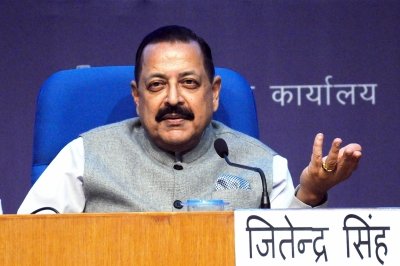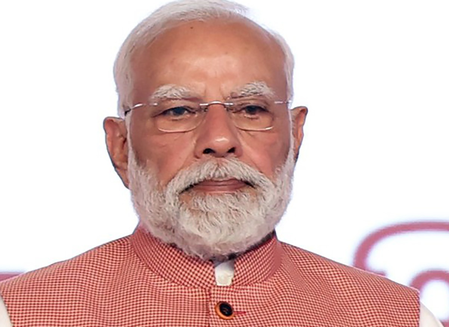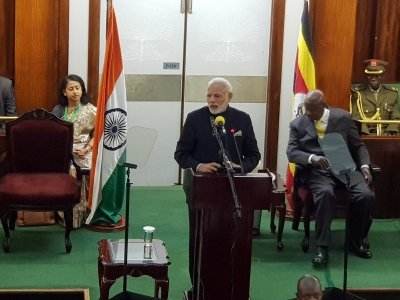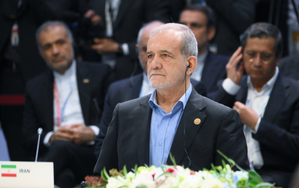Author: AFPWed, 2017-03-15ID: 1489523627628158100
ANKARA: Turkish President Recep Tayyip Erdogan has warned that the Netherlands would face more retaliation from Ankara in a spiralling diplomatic crisis, as he made a new jibe against the country over the 1995 Srebrenica massacre.
In an uncompromising speech, Erdogan said a “yes” vote in an April 16 referendum on expanding his powers would be the best response to Turkey’s “enemies” in a dispute that risks wrecking the entire Ankara-Brussels relationship.
He also said the Dutch character had been “broken” after Netherlands peacekeepers had failed to prevent the 1995 Srebrenica massacre, in comments described as “repugnant” by The Hague.
In a dramatic escalation after the Netherlands prevented two Turkish ministers from holding rallies ahead of the referendum, Ankara said it was suspending high-level relations with the Hague in a raft of diplomatic sanctions.
Erdogan also late Monday lashed out at German Chancellor Angela Merkel for “supporting terrorists” as she backed the Netherlands in the increasingly acrimonious standoff, prompting an exasperated response from Berlin.
Far from stepping back, Erdogan accused the Netherlands of “state terror” in preventing Turkish ministers from holding pro-’yes’ rallies.
“We are going to work more” on measures against the Netherlands, said Erdogan.
“These wrongs will not be solved with a sorry, we have more things to do.”
Erdogan had previously angered the Netherlands by saying the authorities had behaved like the Nazis, who had occupied and bombed the country in the World War II.
Touching another raw nerve, he recalled the 1995 Srebrenica massacre in Bosnia, which Dutch UN peacekeepers failed to prevent in an episode that remains a national trauma to this day.
“The Netherlands and the Dutch, we know them from the Srebrenica massacre. We know how much their morality, their character is broken from the 8,000 Bosnians that were massacred,” Erdogan said.
“We know this well. No one should give us a lesson in civilization.”
‘Historical falsehood’
Dutch Prime Minister Mark Rutte called his claim a “repugnant historical falsehood.”
EU foreign policy chief Federica Mogherini and EU Enlargement Commissioner Johannes Hahn had called on Turkey to “refrain from excessive statements and actions that risk further exacerbating the situation.”
But the Turkish Foreign Ministry hit back by saying: “The EU’s short-sighted statement has no value for our country.”
The ministry added: “Our EU counterparts apply democratic values, fundamental rights and freedoms selectively.”
Paying no heed to the EU’s warning, Erdogan had bluntly told the German chancellor on Turkish television late Monday: “Mrs Merkel, you are supporting terrorists.”
In an interview with A-Haber television, he accused Berlin of not responding to 4,500 dossiers sent by Ankara on terror suspects, including those linked to Kurdish militants and the failed coup in Turkey last year.
Merkel’s spokesman described the accusations as “absurd,” saying the chancellor had no intention of taking part in a “competition of provocations.”
Germany’s Interior Minister Thomas de Maiziere on Tuesday said Ankara was playing the role of the victim with its broadsides against NATO allies, as it seeks to “build solidarity” ahead of the referendum.
Meetings suspended
Deputy Prime Minister Numan Kurtulmus said after a Cabinet meeting in Ankara that Turkey will not allow the Dutch ambassador to return until the Netherlands meets conditions over holding rallies.
Ambassador Kees Cornelis van Rij is currently outside of the country, and business is being handled by Dutch charge d’affaires.
Kurtulmus added: “Until the Netherlands compensates for what it has done, high-level relations and planned meetings at a ministerial and higher level have been suspended.”
The move by the Netherlands to block the rallies comes as Rutte prepares to face the far-right populist Geert Wilders in a general election on Wednesday.
Turkey is gearing up for a key April 16 poll to decide whether to approve constitutional changes that would create an executive presidency, boosting Erdogan’s powers.
In a bid to woo support, Turkish officials have sought to address to their citizens living in Europe, where a majority have traditionally supported the ruling party.
“Our nation on April 16 at the ballot box… will give the best answer to Turkey’s enemies,” Erdogan said.
In Germany, there are over 1.4 million Turkish citizens eligible to vote while there are nearly 250,000 in the Netherlands based on official figures from November 2015.
Main category: Middle-East








